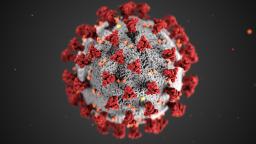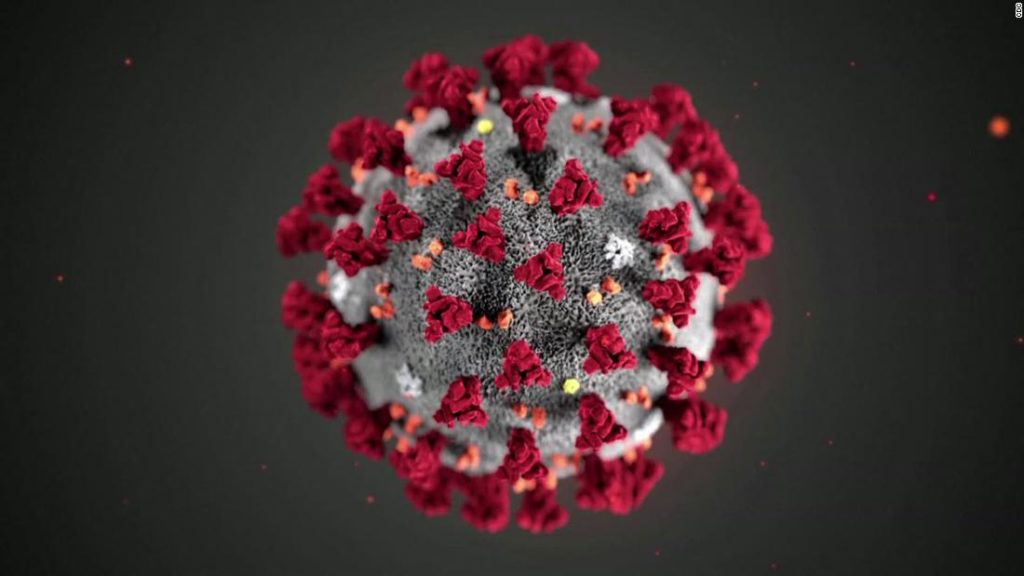
A CNN analysis of data from 14 states found vaccine coverage is on average twice as high among White people as it is among Black and Latino people.
So far, nearly 20 million people — about 6% of the US population — have received at least the first dose of the Covid-19 vaccine, according to CDC data. Nearly 3.5 million are fully vaccinated. The numbers are a far cry from where some officials hoped the United States would be by now.
With those extra doses, Biden said 300 million Americans — nearly the entire US population — could be inoculated by the end of summer or early fall. Biden’s plan includes putting federally supported vaccination centers in high-risk neighborhoods, setting up mobile vaccination sites in medically underserved areas, administering the vaccine at independent pharmacies and partnering with community health centers. It will also ensure high-risk facilities such as jails and homeless shelters have access to the vaccine.
“We are going to make sure there are vaccination centers in communities hit hardest by the pandemic, in Black and Latino communities and rural communities as well,” Biden said.
YOU ASKED. WE ANSWERED.
Q: I’ve had my vaccine now. Can I ditch the face mask?
A: Please don’t. CNN Medical Analyst Dr. Leana Wen, an emergency physician and visiting professor at George Washington University, explains why: “The vaccine will protect you from getting ill and then ending up hospitalized, but it’s possible that you could still carry the virus and be contagious to others. So those who get the vaccine should still be wearing masks and practicing physical distancing.”
Wen said this doesn’t mean we will need to wear masks forever. It is estimated that about 70% of the population must be vaccinated before we reach herd immunity. That’s the point where enough people have immunity that the virus won’t spread any more.
WHAT’S IMPORTANT TODAY
AstraZeneca pushes back amid an ugly row over vaccines
The EU said AstraZeneca surprisingly announced last week it would deliver fewer than expected doses to the bloc. EU officials responded by threatening to restrict vaccine exports. Italy has warned that it could take legal action. The ugly row over vaccine supplies puts question marks over the EU’s previous — and loud — declarations of solidarity, cooperation and the need to ensure access to vaccines in developing countries.
Covid-19 has killed 100,000 people in the UK. The government is still getting it wrong
The UK has the highest number of confirmed Covid-19 deaths in the world, proportionate to population. Prime Minister Boris Johnson has repeatedly pointed to a new and more contagious variant of the virus, now infamously known around the world as the “UK variant,” as one of the reasons.
Student suicides pushed a school district to speed up a return to in-person learning
ON OUR RADAR
- The world has now surpassed 100 million confirmed cases of the coronavirus.
- A gorilla called Winston at San Diego Zoo was given monoclonal antibody therapy after being infected with Covid-19.
- A business exec and his wife were charged after flying into a remote Canadian town and posing as local workers to receive the coronavirus vaccine.
- The World Health Organization’s team in Wuhan will finally begin its long-delayed coronavirus investigation after clearing quarantine.
- Some 31 London Metropolitan Police officers face fines after having their hair cut at a police station in east London — breaching Covid-19 regulations — while on duty.
- These high schoolers turned their tough experiences during the pandemic into powerful memoirs.
- A Taiwanese man has been fined $1 million New Taiwan Dollars ($35,000) for repeatedly breaking his home quarantine.
TOP TIP
TODAY’S PODCAST
“The real bottleneck to this system is having enough nurses and trained personnel at the site to administer the vaccines to as many people as they can in a given day.” — Ted Ross, PhD, director of the Center for Vaccines and Immunology at the University of Georgia
You may also like
-
UK coronavirus variant has been reported in 86 countries, WHO says
-
NASA technology can help save whale sharks says Australian marine biologist and ECOCEAN founder, Brad Norman
-
California Twentynine Palms: Explosives are missing from the nation’s largest Marine Corps base and an investigation is underway
-
Trump unhappy with his impeachment attorney’s performance, sources say
-
Lunar New Year 2021: Ushering in the Year of the Ox

